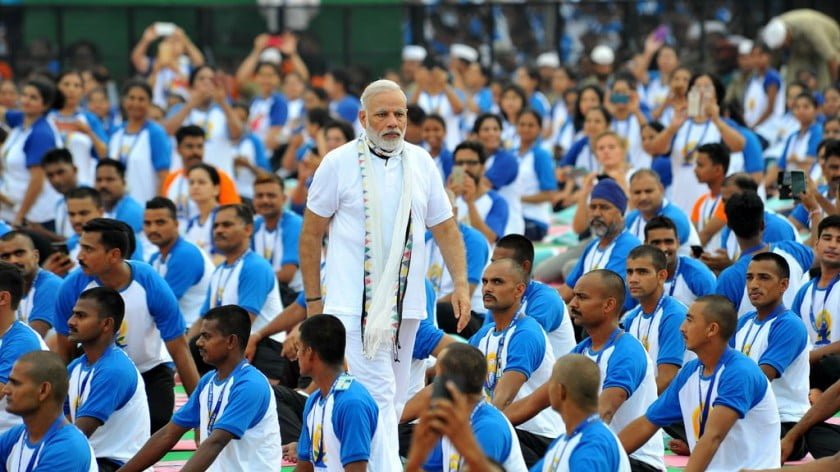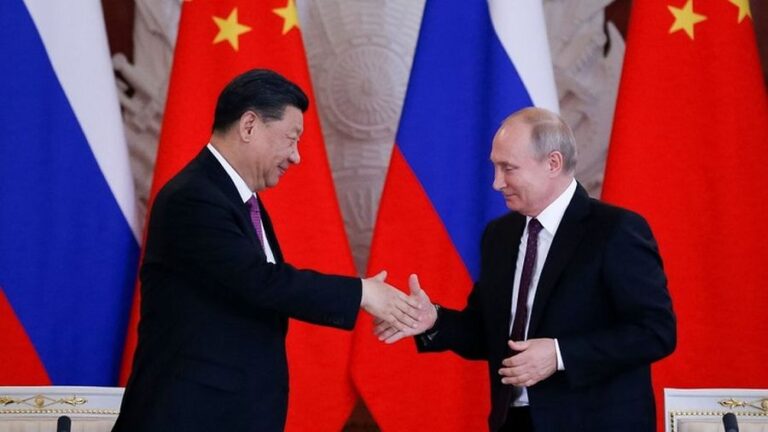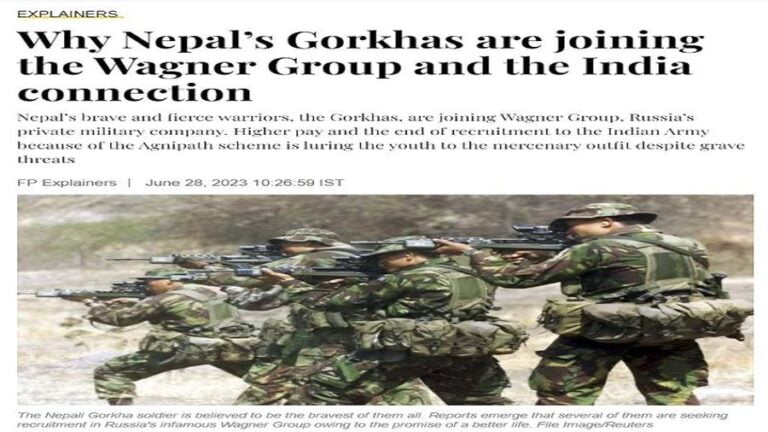India Is Using Its Pulwama Humiliation as a Pretext to Race China in Space
India’s anti-satellite muscle-flexing is being portrayed as a response to its recent humiliation by Pakistan, but the latest regional events are only being relied upon as a “plausible pretext” for thinly disguising the fact that India intends to race China in space at the behest of its new American ally.
“Mission Shakti”
Modi stunned the world by announcing that his rogue state is the fourth after the US, China, and Russia to successfully test anti-satellite weapons, hinting that this was in response to its recent humiliation by Pakistan after provocatively describing its test as “Mission Shakti” in a nod to the 1998 series of nuclear weapons tests called “Operation Shakti” that India carried out to send a signal to its neighbor. The timing of this test and the dramatic manner in which he revealed it to his people in a live televised address to the nation caused major opposition leader Mamata Banerjee to claim that it’s a gross violation of electoral conduct ahead of next month’s general elections, suggesting that this ultra-jingoist campaign stunt might have been pulled in order to distract the masses with the militant hyper-nationalism that the ruling BJP is notorious for.
“Leading From Behind”
All of that is true, but it’s also somewhat misleading too because the real targets of this anti-satellite weapon test aren’t Pakistan and the Indian public, but China and the US. India is simply using the recent post-Pulwama context and the backdrop of upcoming elections to thinly disguise the fact that it intends to race China in space at the behest of its new American ally. The US and India have been military-strategic allies since the clinching of the 2016 LEMOA pact that allows each of them to use one another’s bases on a case-by-case “logistical” basis, and their ties in this respect have only strengthened in the 2,5 years since. It therefore makes sense why the US is “Leading From Behind” by encouraging India’s rapid military modernization in order to use the rising Great Power as its ultimate tool for “containing” China.
ICBMs And Anti-Satellite Missiles
It’s for this reason why the US turned a blind eye to India’s Agni V ICBM test last year and will probably do the same with its latest anti-satellite weapons one too despite predictably condemning Russia’s occasional ICBM tests and regularly fearmongering about China’s anti-satellite capabilities. The de-facto inclusion of India into the “space super league” is seen by the US as “restoring balance” to the space race by giving it a reliable ally to depend upon in the event of space-based hostilities with both Russia and China. The US can probably hold its own against each of these Great Powers one-on-one but it would have serious difficulty winning if it was up against the space capabilities of both of them, which is where India’s new capabilities become relevant because they could relieve some of the burden when it comes to “containing” China.
Contributing To The “Containment” Of China
India wouldn’t ever realistically direct its anti-satellite capabilities against Russia but China is an altogether different story since it’s New Delhi’s chief Great Power rival in all spheres. India can’t compete against China on the socio-economic development front but it can leverage its geostrategic position for military purposes in presenting dual challenges to China along both the Himalayas and all across the Afro-Asian Ocean, which altogether serves the US’ grand strategy of “containing” China. Adding anti-satellite capabilities to the mix could further complicate the military contingency planning of the People’s Republic just like India’s ICBMs did, thus forcing China to countenance the plausible possibility of a “two-front war” against the South Asian nation if it ever comes to blow with its American ally first, even if this only takes place in space and is limited in nature to begin with.
From Stability To Instability And Then Back Again
Instead of “restoring balance” like the US might have thought this move would do by giving it a reliable ally that it can depend on in the event that it decides to forcefully “contain” China, India’s admission to the “space super league” is actually very destabilizing for global strategic affairs because it threatens to tilt the balance against China in a one-sided fashion. Russia cannot be relied upon by China to join in anti-satellite hostilities against the US but India can be relied upon by the US to do so against China, thus leading to a serious predicament for the People’s Republic. Therefore, the most logical solution is for China to assist the global pivot state of Pakistan with its possible development of these same anti-satellite capabilities in order to create a regional deterrent to India undertaking that fateful decision at America’s behest.
By Andrew Korybko
Source: Eurasia Future







